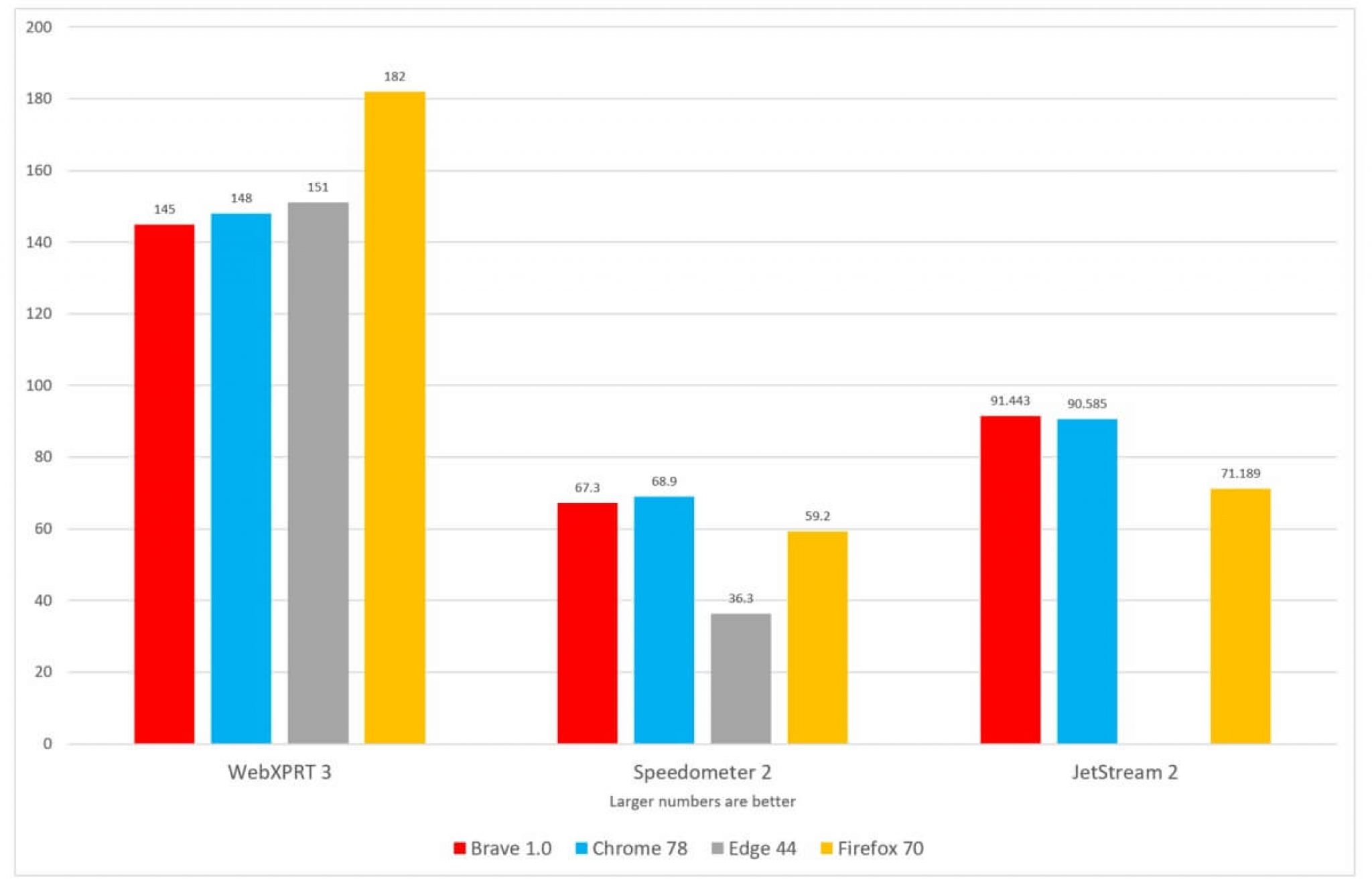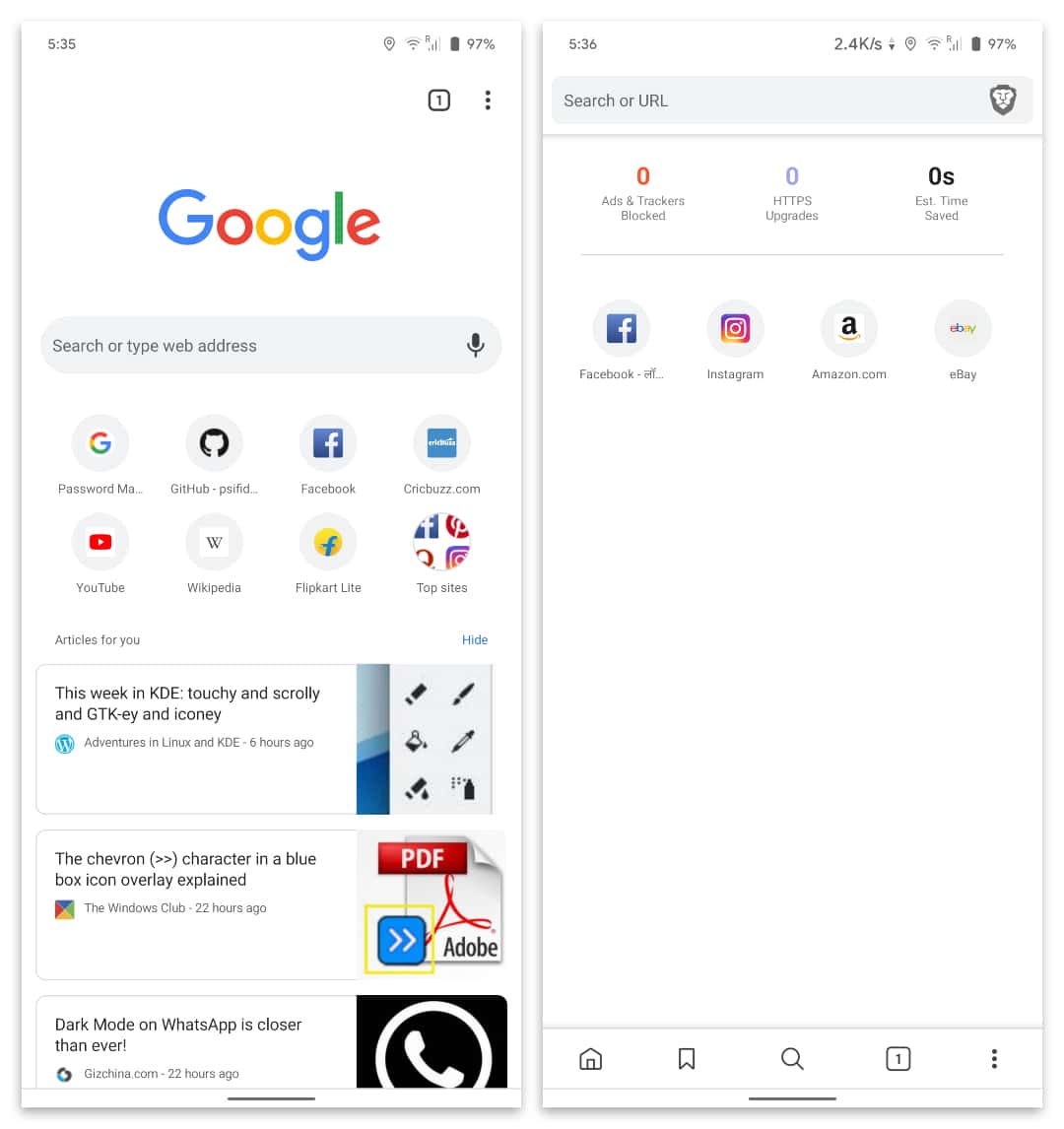
I've also been symlinking gtk themes to both OS's to a folder outside the persistent save, which is an experiment, and it works, though I get a few brief flickers on the monitor at times.Īnd perhaps this next report should go in the KLV-Airedale discussion, but ever since the first boot of KLV, I've noticed an anomaly, which is when KLV first initializes xorg, it seems to dump whatever was in the graphics processor's ram on to the screen for half a second or so. I am able to symlink the actual data files, calendar 'apts' file and 'notes' folder, so that's convenient. But the chrome-based browsers don't handle the hardware acceleration on this particular machine in KLV.Īnother application that I cannot share config files is Calcurse and I attribute that to the fact that I compiled Calcurse 4.8.0 separately for both Fossapup and KLV. I've been sharing a lot of applications between the two different OS's and most work. So the final report, after unchecking 'use hardware acceleration' in both browsers (Brave-portable, Ungoogled Chromium) in Fossapup and rebooting in KLV: 'Twould appear to be a difference in the way Puppies and Void handle browsers.though it's just a minor inconvenience, really. A re-start, and everything behaves itself again. Re-opening them back in Puppy, despite being closed-down correctly, on the first run they always insist they were NOT "shut down properly". Shut-down, and re-start, and everything is fine again. Yeah, I too have small issues with running any of the clones in KLV.especially when they were last started in Puppy.įirst launch in KLV, all the fonts on the tabs and bookmarks are 'greyed-out', and all is very hard to read. Consequently, if you have a dedicated GPU it's best to use them if not, and you have limited resources, it's best to disable hardware acceleration. In recent years, the Chromium Project have done an awful lot of work on how the browser uses available GPU processes, and how it optimizes itself IF these extra abilities are available. Right from day one, the clones have always made use of a 'default', raster graphics process by which they render & draw the screen.

On the new HP rig, with all that RAM, dedicated GPU with its own RAM, and just generally much newer with a lot more resources & capabilities, I now leave this in the default, checked position. On the old Compaq rig, with integrated GPU and only 3 GB of 'shared' RAM, I found everything ran smoother - for me - if this was unchecked.
#Ungoogled chromium vs brave trial
The second one is more trial & error, really. Unchecking this prevents that from happening. Due to the tab_sandbox model the Chromium 'clones' use, the browser can be closed, yet an individual tabbed process may have been spawned in the background by something else during your browsing session.and it'll carry on silently running in the background, gobbling-up resources. The first one, you should always, always un-check it. You'll see a pair of options:-Ĭontinue running background apps when Brave is closed

In Brave's case, hit the hamburger menu button top right->Settings->Additional settings->System. Every Chromium-based browser I've ever run, has two settings that need investigating. This sounds like a hardware acceleration issue to me. The clones can be quite fussy in some respects, though once you have them set correctly, they'll run solidly for ever.


My uneducated guess is my older video card might have something to with the strange behavior of the Chromium based browsers. I noticed yesterday, being on a 10 year old Dell Precision laptop, that KLV appears to being defaulting to xorg, rather than wayland, which I think I remember reading in the earlier posts that this is the way it's supposed to work. Then at some point it levels out and runs fine. For instance, when I boot to my local html bookmarks home page, and scroll down, it gets stuck in the middle for a good while, then it lets me scroll to the bottom, and when I try scroll back up, it gets stuck again. Well, I just booted Ungoogled Chromium Version 1.41 (Official Build, ungoogled-chromium) (64-bit) to give a report, and it seems to be doing the same thing that Brave is doing, which is it kind of freezes for 1-2 minutes, and becomes completely unresponsive. I was having issues with ungoogled-Chromium in KLV.Ĭan you describe the problems? I am running the ungoogled-Chromium-portable so far with no problems in KLV-Airedale-beta14 and KLV-Boxer-alpha2


 0 kommentar(er)
0 kommentar(er)
